Start Your Story with a Writing Hook
“Where do I begin…?” That’s the opening line of a famous song. It’s also a big question we face every time we sit down to write. It doesn’t matter if it’s a story, play, poem, essay, or a letter to a friend. Whatever the case, beginnings matter, and they are one of the most difficult parts of a project to determine.
Many writers simply sit down and speel off the first opening that comes to mind and go with that. It’s like they’ve been trained by Facebook to just dump any old thought. But really good writers rarely keep the first beginning they write. They cut it, shape it, replace it, hammer and chisel it, and in moments of complete exasperation, they stomp on it and burn it. (Kidding! I hope…)
Really, without the right beginning, no one may ever read any further.
Beginnings must have “hooks”, something that’s going to suck a reader in. The beginning of a story you’ve written may inspire you a lot, because you know what’s coming on page 43, but will that beginning inspire someone who doesn’t know and doesn’t yet care?
Readers (and editors) get bored by long, picturesque beginnings describing scenery and weather. And they despise beginnings that try to fill us in very quickly on background information that took place before the story even starts. “He was very young when he was born…” (Ha Ha). That’s called an “information dump”, and just like a garbage dump, an editor will think it stinks! Information dumps tell us all sorts of things about a character’s history that doesn’t have to be told. It’s important that we know their history, but we shouldn’t try to give it all to the reader at once, especially not at the beginning.
Beginnings should introduce us to the main character right away, and we should be able to very quickly sense that they are in a crisis. It can be a big, obvious crisis, like being captured by pirates; or, it can be a more subtle crisis, such as a character learning that her family is going to be moving across the country, and she happens to be terribly afraid of drastic changes.
It is important that beginnings actually start in the right place. Sometimes writers complete an opening chapter, then cut off the first third of it and start there, where it really should have opened to begin with.
EXERCISES:
- Select several favorite books off the shelf and read the first page or two. What does the writer do to hook you in? How is the main character introduced? What is the first line? (Copy down opening lines or paragraphs that strike you as a reader. It’ll train you to think about your own opening lines.)
- As you read, note any opening passages, paragraphs, or sentences you feel like skipping over. Why do you?
- Take a story you’re working on and re-write the beginning another way. It could be from a different character’s POV (point of view), or from a different moment in the action. –Or– Start a new story, and come up with at least two entirely different beginnings. Which one works best and why?
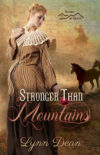
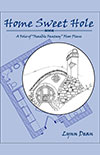
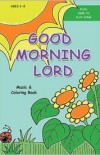
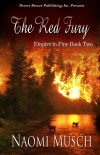
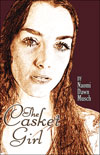
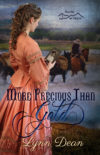
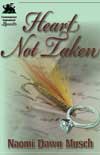
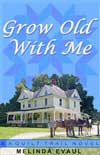
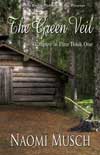

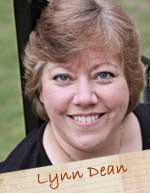
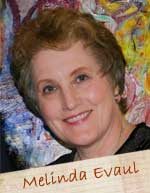
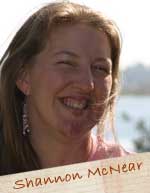
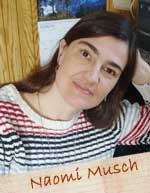

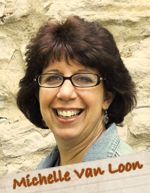
Speak Your Mind
You must be logged in to post a comment.